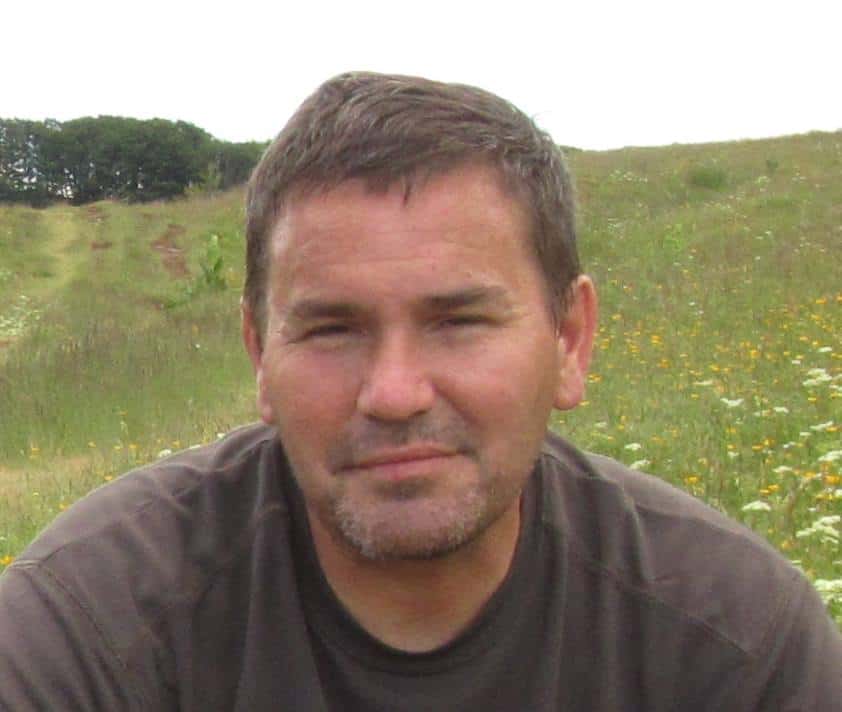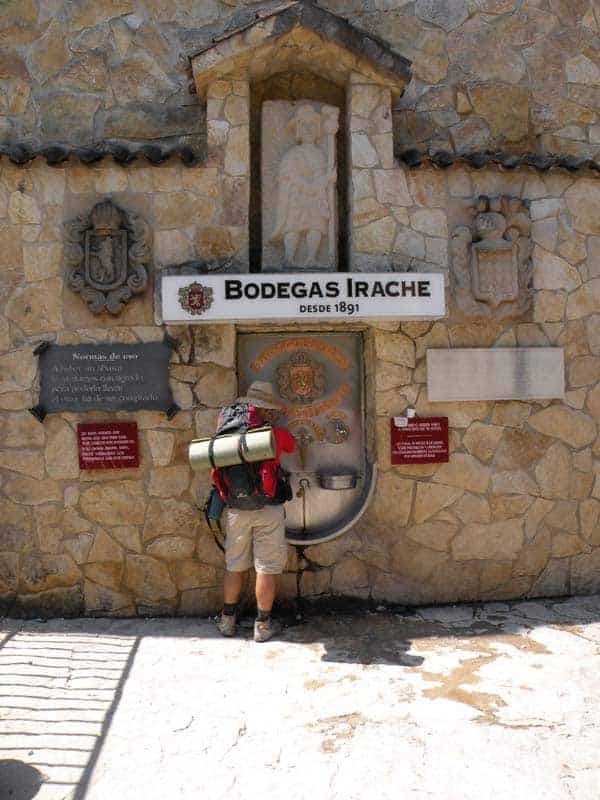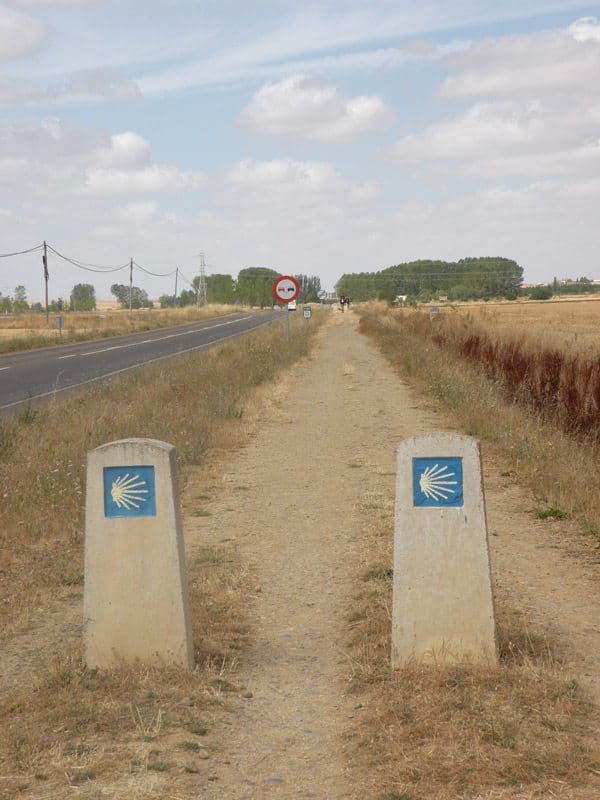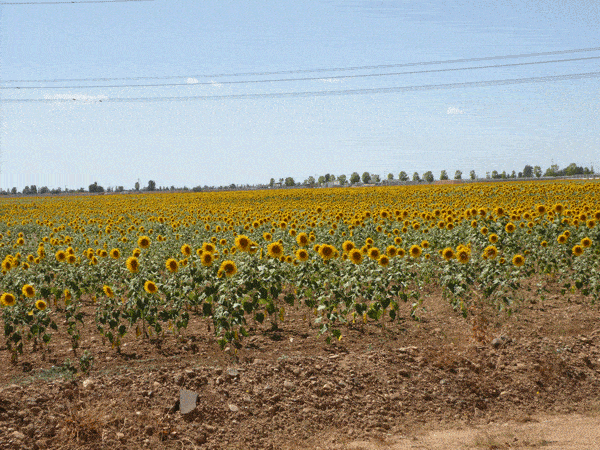After a couple of Caminos and seeing dozens of pilgrims having a hard time with the Camino Blues, I think it is worth writing an article about. I am certainly no professional, but I am someone who has experienced the transition back to “The Real World” after the Camino twice.
Make no bones about it, the Camino will change you. It does it slowly, and it is very subtle… most of the time. One of the things we adjust to on the Camino is the life we have there. Days are very long, conversations can get very deep. We begin to bond with people we never dreamed of becoming friends with. There are many quiet, tranquil, and peaceful moments on the Camino, as well as some hard and difficult challenges. But, for all of us, when we step back into normal life, the longing of the Camino will eventually come our way.
From conversations with many pilgrims post-Camino, I can say for myself and many others that reintroducing yourself into your old life is one of the hardest parts of the Camino.
You Change on the Camino
You change, your daily habits change, your conversations change, your body changes, the food you eat changes, the way you see people changes, and the way you see the world changes. So coming back to your old life can actually be quite a shock and a bit depressing for many. Sorry for the bad news, but for many, coming back into “The Real World” is one of the hardest parts of the Camino.
People won’t understand you when you speak of ‘albergues‘, ‘ampollos’, and ‘pilgrims’. The feeling of not having the Camino and pilgrims around you is certain to seek when you are in a luxurious bathroom with a nice hot bath….and all of a sudden, you miss the small, rundown showers that numerous albergues have. Or maybe you are all alone in your home on a Sunday afternoon, and you long for a packed room full of noisy, smelly pilgrims.
Some people run to do a second Camino as soon as they can. Some people call their pilgrim friends for some type of connection. Some people experience slight depression and realize how much they dislike their lives back home.
Not saying this is a bad thing, just saying this is what the Camino is for. It helps us wake up to what we really want in life. It helps us to realize where our life is and where we want it to go. It gives us time to think about all the things we haven’t done and all the things we want to do. For some pilgrims, it opens doors and propels an avalanche of change in their lives. For others, it shows them that they do not like what they have created in their own personal lives…..and for some, that can be very hard.
Our consciousness changes on the Camino…our energy level changes on the Camino. I am sure most of us have experienced a really great vacation and then went back to our hometown and saw everything differently. Nothing changed except you. Or we might have a really great weekend, and you become so excited about your weekend that you go to work and tell everyone about it….and no one is impressed….they just did the same thing they have done every weekend…for the past 3 years. You might start to feel like you don’t belong back in your real life. Don’t worry, this is a natural part of being a pilgrim and a natural part of life.
It happens on the Camino because you spend 4, 5, or 6 weeks away from what you are used to, and all you change. When you come back to the same thing, your energy starts to drop, and it’s uncomfortable.
Do You Need to Change Back?
So what can we do? How can we make our transition back to “The Real World” smooth and comfortable and avoid the Camino blues?
Here is what I recommend, it may be for you, and it may not, but I think if you apply this just a little bit, I think your transition will be a bit easier.
When we are on the Camino, it’s almost certain to occur, that you become aware of things in your life that you want to change…maybe good, maybe bad. While you are on the Camino, I want to urge you to write those things down. It is even better to write them down and put a date by them.
This will signify when you want to accomplish those things. Then when you get home and you are rested a bit, start working towards those things that you wrote down. On the Camino, we all have a goal, typically, that goal is to get to Santiago. Once we leave, we no longer have a big goal to work towards, and that can leave us with the feeling of being lost and a bit hopeless. If you start working on your new goals, it will keep the progress and your mind focused on where you want to go with your life post Camino.
It has been said that the Camino is the link between who you were and who you will become. The best way we can serve our experience on the Camino is to start working towards what is next in our lives instead of letting our experience die.
Chris Reynolds is a blogger and world traveler. He runs TheOneEffect.com, which features experiments and adventures to change the world.

I love hiking, backpacking, and camping. From the Camino de Santiago to the West Highland Way in Scotland or simply a great day hike on the weekend. Hiking refreshes me, my mind, and keeps my body reasonably fit. So far I have walked three Camino routes and many other long distance hikes in the UK, Canada, and around the rest of Europe. One of the best was my hike up Ben Nevis.





Leslie, is possible to walk the Camino de Santiago de Compastella with prosthetic legs.(both legs) Let me know what you think about this. From your biggest fan….Joe Dragotto, Temecula, California,,😎☮️❤️
Hi Joe, really I have no idea. I try to keep my opinions to my areas of expertise, and your walking will be down to you and those that know you best. Sorry, I am not much help.
`Pass it On’, what you learnt on the Camino, all the small kindnesses, from people you have never seen before, and may never see again, just pass it on.’
Alan, 2 Caminos
That was a lesson I learned. I am a lawyer and on a committee for lawyer assistance/wellness. I am currently writing an article for our bar association’s news letter on life lessons learned of the Camino. You sentiment is one I am sharing. While pilgrims feel a special bond, every person is somehow on a pilgrimage called “Life.”
In my experience, your ‘real life’ – that is, the life you lived before the camino – will change after walking the camino since in many ways you are no longer the same person as the one that had not walked the camino. Of course, it is you who changes, subtly maybe, and hardly evident to others, you don’t look any different, though you might feel/act differently – your thinking changes, your outlook changes, your goals change and hence your life/lifestyle. There is much deep thinking after the camino (thinking, which is thereafter, ongoing and can support you always); you will try to understand its meaning, what you have experienced/learnt – not just from the daily physical toil, the routine, the wonders, the hazards, the niggles, nor the atmospheric surroundings but also the people you encountered, sometimes briefly – you might have assisted them or they, you, you might have sat up most of the night with someone observing the stars from a tent opening and either quietly contemplating or discussing the meaning of life. But, how your new you adapts to life after the camino is truly personal and experimental. If you were not changed after walking the camino, possibly you were not receptive enough to absorb its peculiarities.
I finished the Camino Portuguese in late October 2023. Upon return I was a new lighter version of myself. Yet 6 weeks later I am depressed. It could be the holidays (I have been estranged from my son for three years and the last time I saw him in my house was on Christmas Eve when he threatened to kill himself), or an impending jaw surgery scheduled for January 4th which will involve surgically moving my jaw and removing part of my jaw or a combination of all this. Oddly since the incident with my son, I have never resumed decorating for Christmas, until after the Camino. I have purchased a tree and have decorated it. Christmas music is no longer a trigger for me. I thank the Camino for that.
I was on such a high after the Camino, but I am depressed 6 weeks later.
Wondering if others have experienced this weeks after returning
I’ve found that I need to adjust to not walking and not having specific goals when I get back to real life. On the pilgrimage, I got used to walking 6 hours a day. Back home, I just will not do that, even though I feel like I should walk the five miles to the grocery store and fill up my backpack for the walk back home instead of driving my car.
And the lack of simple goals make me feel aimless at home. First, the main goal is getting to Santiago, which is broken up into daily goals of a city/albergue. We even set several goals during the day: for example, walk 5k then breakfast, 10k then lunch, 10k more until the albergue. It’s such a simple routine yet you know you are making progress, achieving something. And that pilgrim’s passport is filling up with stamps as you go. There is nothing like it at home.